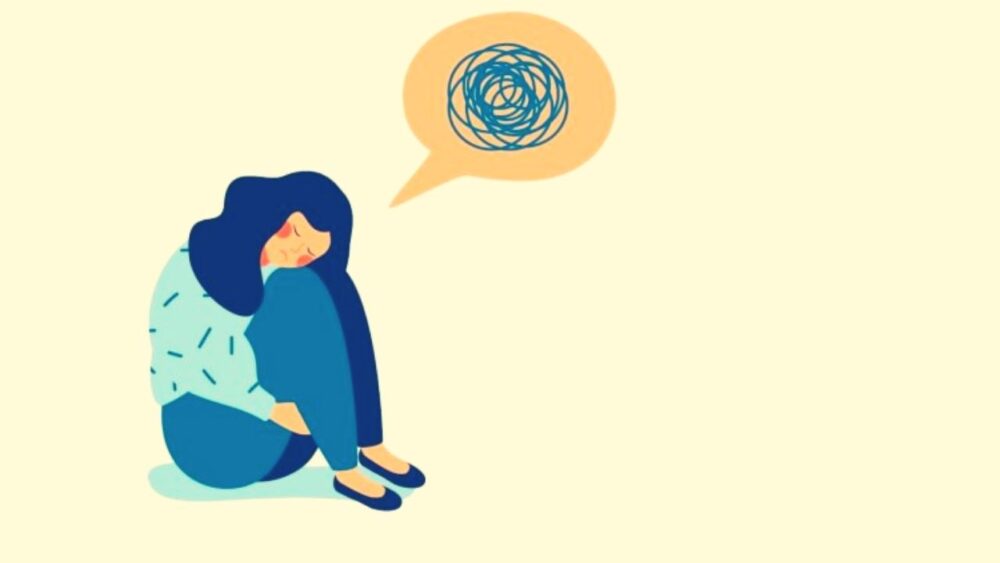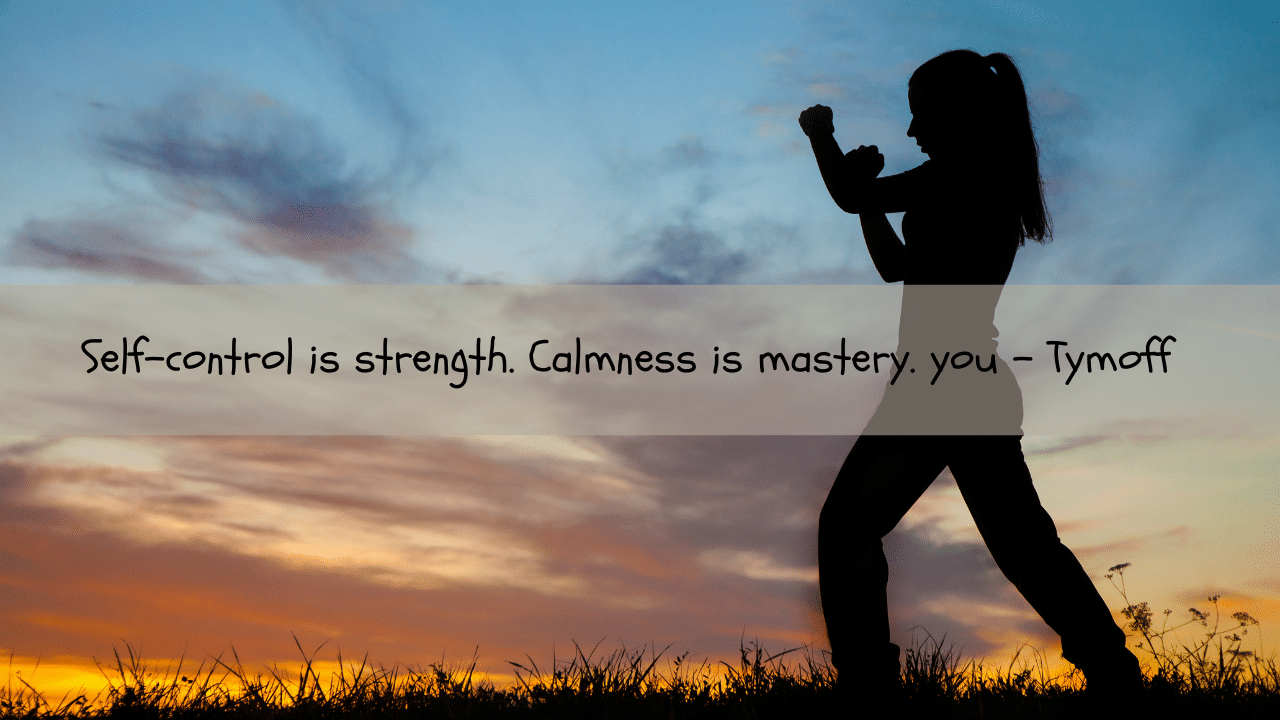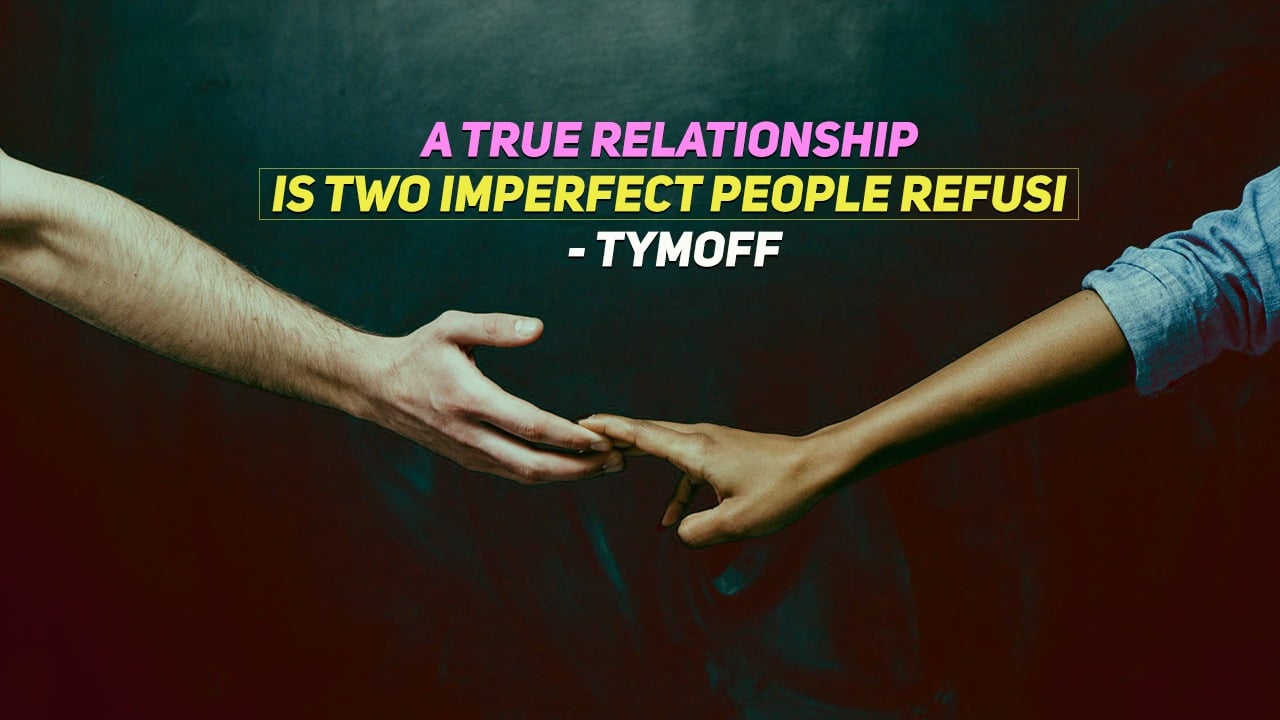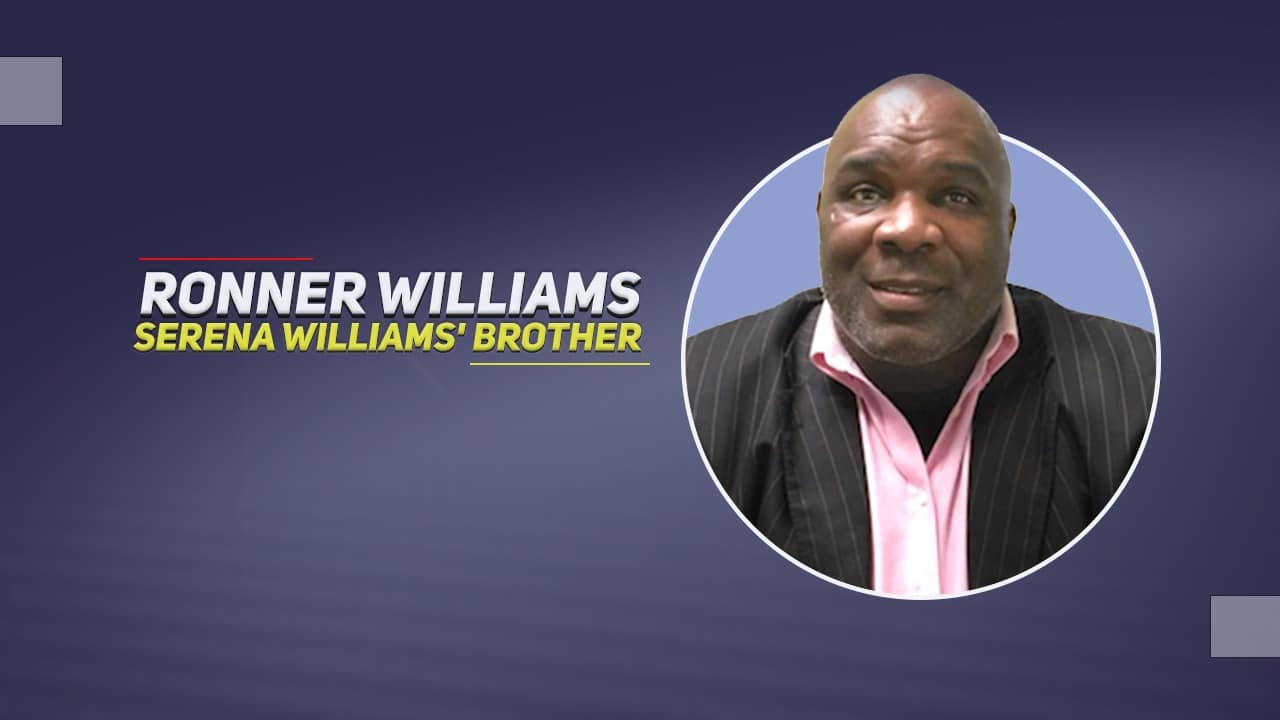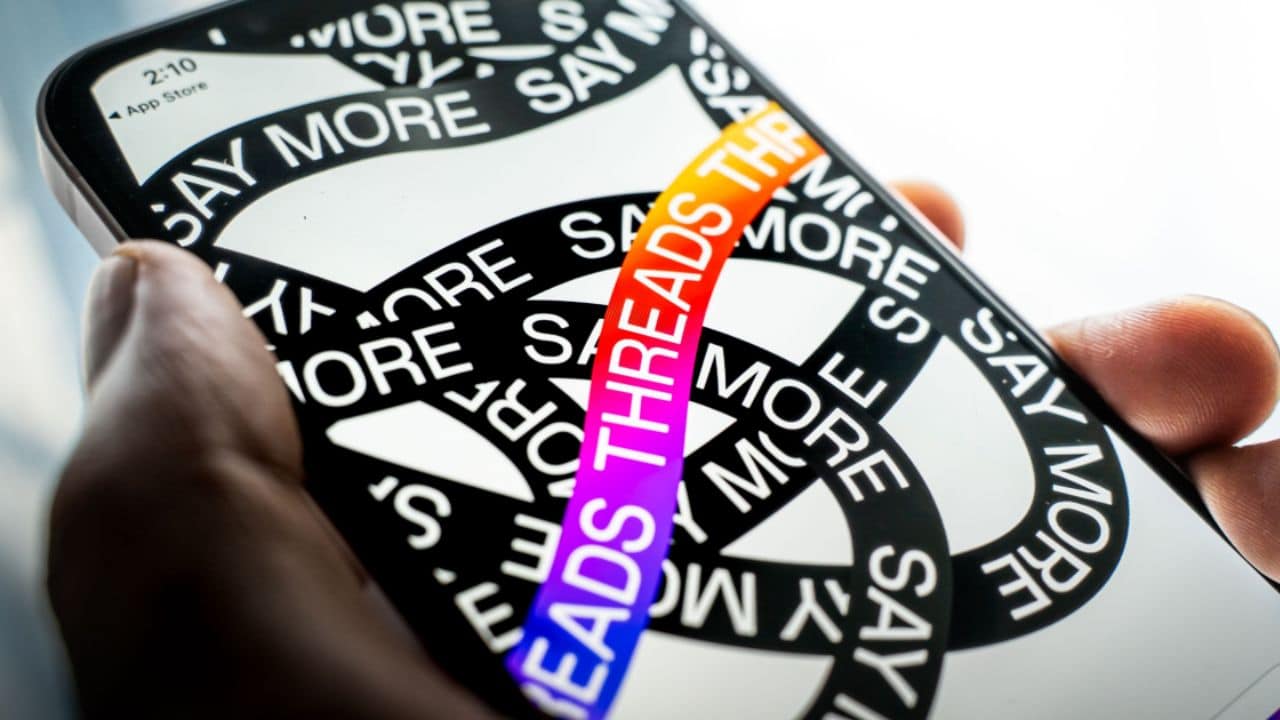Whether you are a professional caregiver and have admirably dedicated your working life to looking after elderly or terminally ill people or else you are the primary caregiver for your partner, close friend, family member of other loved one, it can be a proverbial emotional rollercoaster that places a large amount of stress and strain on your own mind.
With this in mind, continue reading to learn how best to manage and cope with the guilt and grief experienced during caring for a loved one and when your loved one passes away.
The Corrosive Power Of Guilt
The term ‘guilt’ is often bandied about when something seemingly minor happens, for example when someone forgets something from the grocery store that their partner specifically asked them to get.
However, guilt in its rawest and purest form is one of the most hideous and all-consuming emotions of them all and can metaphorically paralyze a person from living their life in a happy and positive way.
Why Is Guilt Common Amongst Caregivers?
You ARE enough.
The very fact that you dedicated your life to caring for your loved one, either in a professional capacity, a personal capacity or indeed both, is indicative of just how much you did for your loved one.
There can be numerous reasons why a caregiver may experience varying levels of guilt, but whatever the core catalyst for these feelings, the guilt you are feeling is wholly and utterly undeserved. Perhaps, even, the origin and direction in which your guilt is focused is not on the person you are caring for, but rather other people in your life who you feel you are neglecting.
Alternatively, you may well be feeling guilty because of unresolved childhood issues or arguments and comparing yourself in a negative way to others.
Another reason for caregiver grief and guilt is when the time comes when your loved one requires more specific care and needs to move into an assisted living facility.
How Guilt & Grief Are Interconnected
When, for example, a parent dies, the extreme guilt one can experience (compounded significantly if the individual was very young when it happened), can cause serious problems with their mental health and wellbeing and commonly results in the development of depression.
When a loved one passes away, it is natural to worry about things you could have done better, conversations that you would have had and generally to look back at your time spent with them and criticize yourself for not doing enough.
How To Cope With Caregiver Guilt
The first thing to do when you decide it is time to commit to ridding yourself of guilt as a caregiver, is to acknowledge the feeling of guilt and recognize that it is becoming a problem. Once you have accepted guilt is beginning to consume you, you need to then consider the bigger picture and that everyone has flaws and make mistakes; you know that you have consistently done the best possible job in caring for your loved one and you need to tell your brain that.

